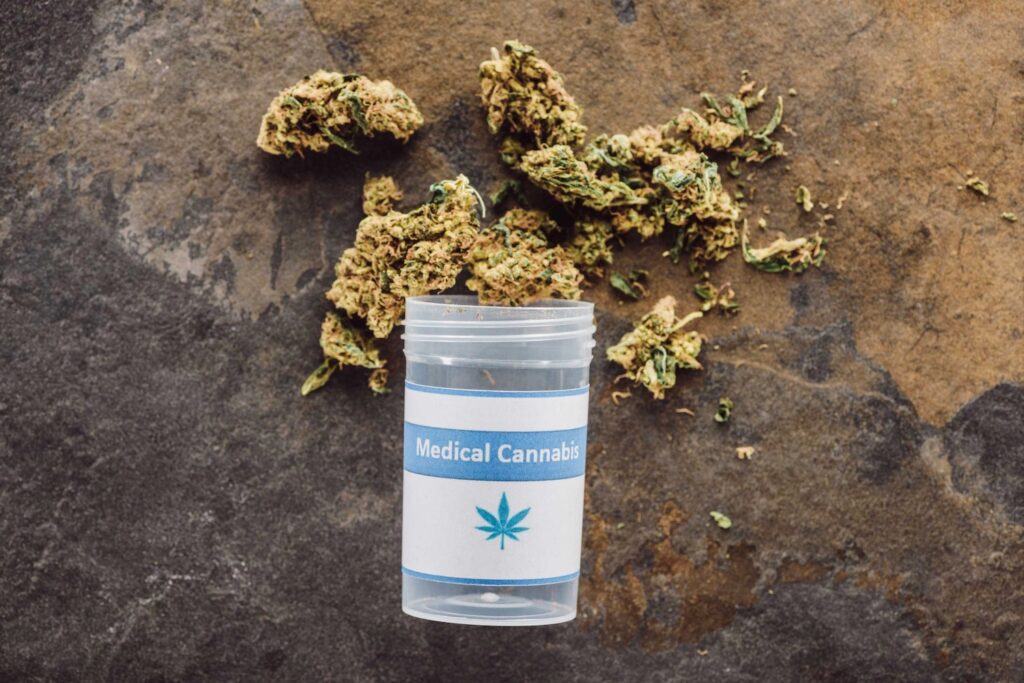Introduction
Marijuana has been used medicinally for centuries. More recently, it has gained attention as a potential treatment option for a range of medical conditions. While research is still in its infancy, there is mounting evidence that suggests marijuana can be beneficial to patients suffering from various ailments. In this article we will explore the potential benefits of medical marijuana and discuss how it may help those with certain health issues.
Keep reading to learn more.
What is Medical Marijuana Used For?
Medical marijuana is a powerful tool used to treat a variety of physiological and psychological conditions. It has been found to be particularly beneficial for people with chronic pain, including those with cancer and other serious ailments. Medical marijuana can also help those with neurological conditions such as epilepsy, multiple sclerosis, and Parkinson’s disease.
Medical marijuana provides significant relief from both physical and psychological symptoms. It can help reduce inflammation, nausea, muscle spasms, and pain associated with chronic conditions. Additionally, it has been found to reduce anxiety and depression by calming the nervous system.
Medical marijuana is also used as a form of alternative medicine in the treatment of seizures, glaucoma, AIDS, and cancer. It has been proven to diminish symptoms associated with chemotherapy and radiation, as well as to improve the quality of life for many patients.
Legal Status of Medical Marijuana
Medical marijuana has become increasingly popular in the United States over the past several years due to its many therapeutic benefits. As a result, the legal status of medical marijuana has been hotly contested at both state and federal levels across the country.
At the federal level, medical marijuana remains classified as a Schedule 1 controlled substance under the Controlled Substances Act. This means that it has a high potential for abuse and no accepted medicinal value. Despite this classification, many states have adopted their own laws legalizing the use of medical marijuana in some form or another.
Currently, medical marijuana is legal in 37 states, Washington D.C., Puerto Rico, Guam, and the U.S. Virgin Islands. These states have all enacted laws allowing for the legal use of medical marijuana for certain qualifying patients, typically those suffering from chronic or debilitating conditions such as cancer, glaucoma, Crohn’s disease and multiple sclerosis.
The constraints surrounding the legal status of medical marijuana can vary significantly from state to state. While some states allow for the recreational use of marijuana, many still only permit its medicinal use. In some states, medical marijuana may be subject to certain restrictions or limitations such as limits on the amount that can be possessed or purchased at one time.
The legal status of medical marijuana continues to evolve in the United States. As more states begin to legalize it, it is important for those considering using medical marijuana to stay informed on the laws and regulations in their particular regions.
Pros and Cons of Using Medical Marijuana
Medical marijuana has become a popular form of treatment for many different medical conditions due to its ability to provide relief from a variety of symptoms and its relatively low risk of side effects. However, because medical marijuana is still illegal in some states and countries, there are pros and cons associated with using it as a form of treatment.
Medical Marijuana Pros
– Medical marijuana is generally safe and has fewer side effects than many other medications.
– It can be used to treat a wide range of medical conditions, including epilepsy, cancer, glaucoma, multiple sclerosis, chronic pain, nausea associated with chemotherapy treatments, and more.
– With proper guidance from a qualified healthcare professional, medical marijuana can be used to manage pain and help improve a patient’s quality of life.
Medical Marijuana Cons
– The legal status of medical marijuana varies from state to state, making it difficult for many patients to access or use the drug as a form of treatment.
– There is still limited research on the long-term impacts of medical marijuana use, so the safety and efficacy of the drug are not yet fully known.
– It is possible for patients to become addicted to medical marijuana if it is used improperly.
– There is also a risk of developing a tolerance to the drug if it is used too often or in higher doses than necessary.
Contact ReThink-Rx today to learn more about whether medical marijuana treatment may be appropriate for you.

Dr. Nicholas Marsh has been a respected board-certified anesthesiologist in Northern Virginia for over 35 years. Recognized as a top doctor by FindaTopDoc.com, his vision for providing top-quality medical services is driven by his passion for patient comfort and dignity.

